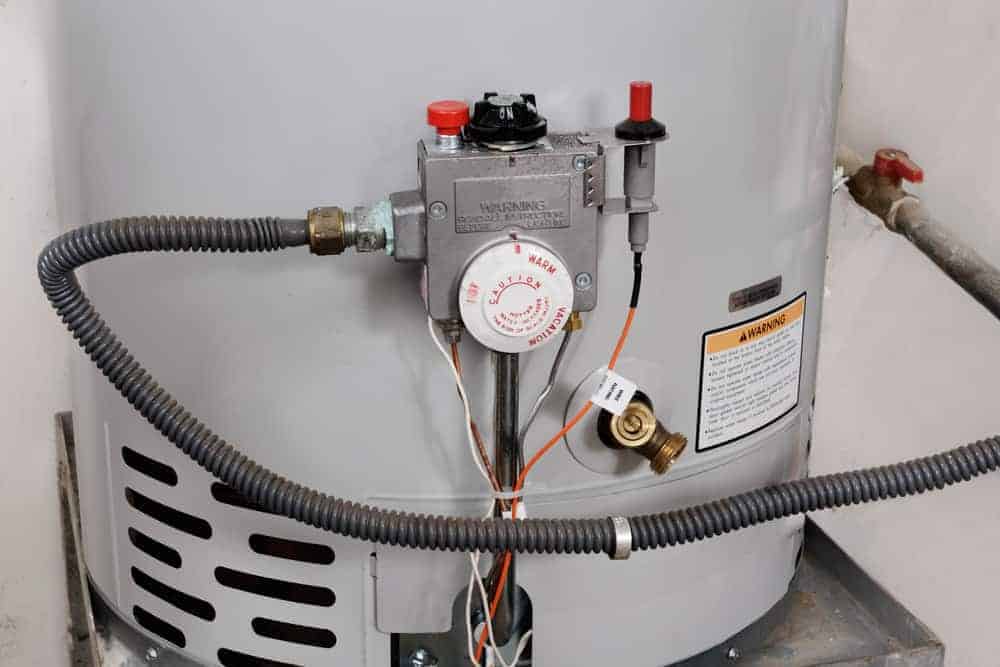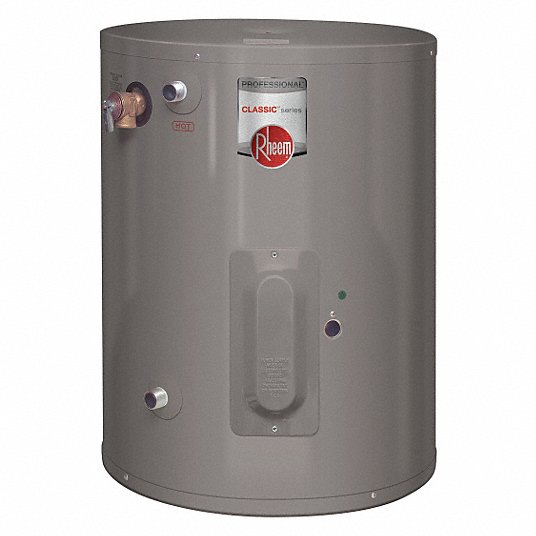Were you looking for info concerning What Do You Do When Your Water Heater Bursts??

Whether it is situated in the basement or a separate area, busted water heaters can create stress. Having no hot water supply is likewise frustrating.
Call the Plumber
After doing the initial two safety and security actions, you need to call your plumber to come today to deal with a fractured hot water heater. Remember that your device will not simply conk out drastically overnight. There are usually indicators that your aging water heater has debris buildup in the inside. Keep in mind of the following:
Do not wait for major flooding to call the plumber. By then, you will certainly need to spend more to restore your building. Rather, as quickly as you spot these indicators, have actually an expert concerned examine your water heater container. Commonly, hot water heater have a lifespan of about 8 to 12 years. With normal evaluation and also upkeep, you can prolong its life.
Cut Off the Cold Water Supply
Cut off the tanks touch water supply from the source. When your tank is in great condition, the cool water stops loading up when the tank is complete. If you can not find it or reach it, you have to turn off that major water supply line outside your home.
Shut Down Power Source
Prior to calling the plumber, shut off a gas hot water heater by transforming the temperature dial. This is normally found on top of the thermostat. If you have a design that runs on electrical power, switch off the breaker. This will avoid electrocution, particularly if there is a leakage as water is a conductor. Usually, the burner shuts off when the water hits a certain temperature level. However with a damaged container, it might malfunction. Cutting it off ensures you remain risk-free.
Tidy up Residential or commercial property
After calling the plumber, document damage by taking notes and pictures so you can assert your house owner's insurance. From there, begin the prompt cleanup. Obtain any essential items to stop additional soaking. Then, get rid of any standing water to stop mold as well as mildew growth. Make use of that to drain pipes the water if you have a submersible water pump. Otherwise, the conventional container technique will additionally function. Attempt to wipe out everything, consisting of walls and walls. If you have an electric follower and also dehumidifier, maintain them going to keep air distributing. This will assist prevent mold and mildew development.
Keep in mind, if you see any problems with your water heater, call the pros as soon as possible. You can not take this problem lightly because a damaged thermostat can raise water temperature to an alarmingly high degree, leading to unintended burns. A damaged heater pressure relief valve can likewise create an explosion. For best results, obtain a yearly check so your device obtains checked, cleaned, drained, as well as filled up, ensuring ideal efficiency.
After doing the very first 2 safety steps, you need to call your plumber to come right away to fix a ruptured water heating system. Rather, as soon as you detect these indicators, have actually a specialist come to examine your water heater storage tank. Prior to calling the plumber, shut off a gas water heater by transforming the temperature dial. If you have a submersible water pump, utilize that to drain the water. Remember, if you notice any type of problems with your water heating unit, call the pros right away.
Is My Water Heater Broken?
The Water Heater is Old
No appliance will last forever. This includes a home’s water heater. During its lifespan, residents are going to face a situation where a new water heater installation will be necessary. The biggest problem with this is that most people are not sure when their water heater expires. Not knowing this can lead to serious risks if the unit begins to act up due to old age.
Most makes and models of water heaters will last between eight and 10 years. While 10 years is the age when water heater replacement is highly recommended, the need to replace the unit may occur before this time or after. If the unit doesn’t show any symptoms of a problem, it is a good idea to replace it at the 10-year mark (from the manufacture date).
Some of the symptoms that indicate a new unit is needed include rusting, leaks, noises, and a failure to heat up the water. Also, note that not all units have a 10-year life expectancy. The main exception to this rule is that a gas unit will last for six to eight years.
Rusty Heater Inlet Valve or Water
While steel is the strongest material on earth, it does have a weakness – rust. If corrosion occurs on a steel surface, it will begin to spread and eat through the steel in certain areas. On water tanks and pipes that are made of steel, rust is a warning sign of an impending leak.
The issue for many is trying to figure out if the rust is coming from the water heater or the pipes that lead to the faucet. If rust is seen, it is a clear indication that water heater service from the professionals is needed.
If rusty water appears out of the faucets in the bathtub or sink, it likely means a rusty water heater. If there is rust near the water inlet or the pressure relief valve, rust has likely developed inside the tank. If tap water appears rusty, it may be an issue with the pipes.
Strange Sounds from the Water Heater
Are there strange sounds coming from the tank? As a water heater gets older, rumbling noises may develop and get louder and louder as the water in the tank heats up. In homes where large amounts of hot water are used, the issue is likely going to be even more obvious when more serious issues arise. If there is a strange or loud noise coming from the unit, it is probably because of sediment buildup. A good way to remedy this problem is by flushing the heater. If this does not work, then a new unit may need to be installed.
Leaks
As a water heater gets closer to the end of its useful life, there is a higher chance there will be water around the tank. If there is water, this usually means leaks are occurring. Based on where the unit is located in the home, a leak may result in serious property damage.
Leaks are usually caused by expansions in the metal tank. The expansions occur as time passes and as the inside body of the tank is exposed to multiple heating cycles per day. When a fracture forms, the gap will be slight enough to hold the water in; however, in more serious situations, this will not be the case. If the tank is idle, the water will not leak but when the metal expands during each heating system, small amounts of water will get through the gap.

Do you like reading up on Broken Water Heaters? Place feedback below. We would be interested to listen to your reactions about this content. We are looking forward that you come back again later on. Enjoyed reading our write up? Please share it. Let other people locate it. We appreciate reading our article about Broken Water Heaters.
Expert attention offered.